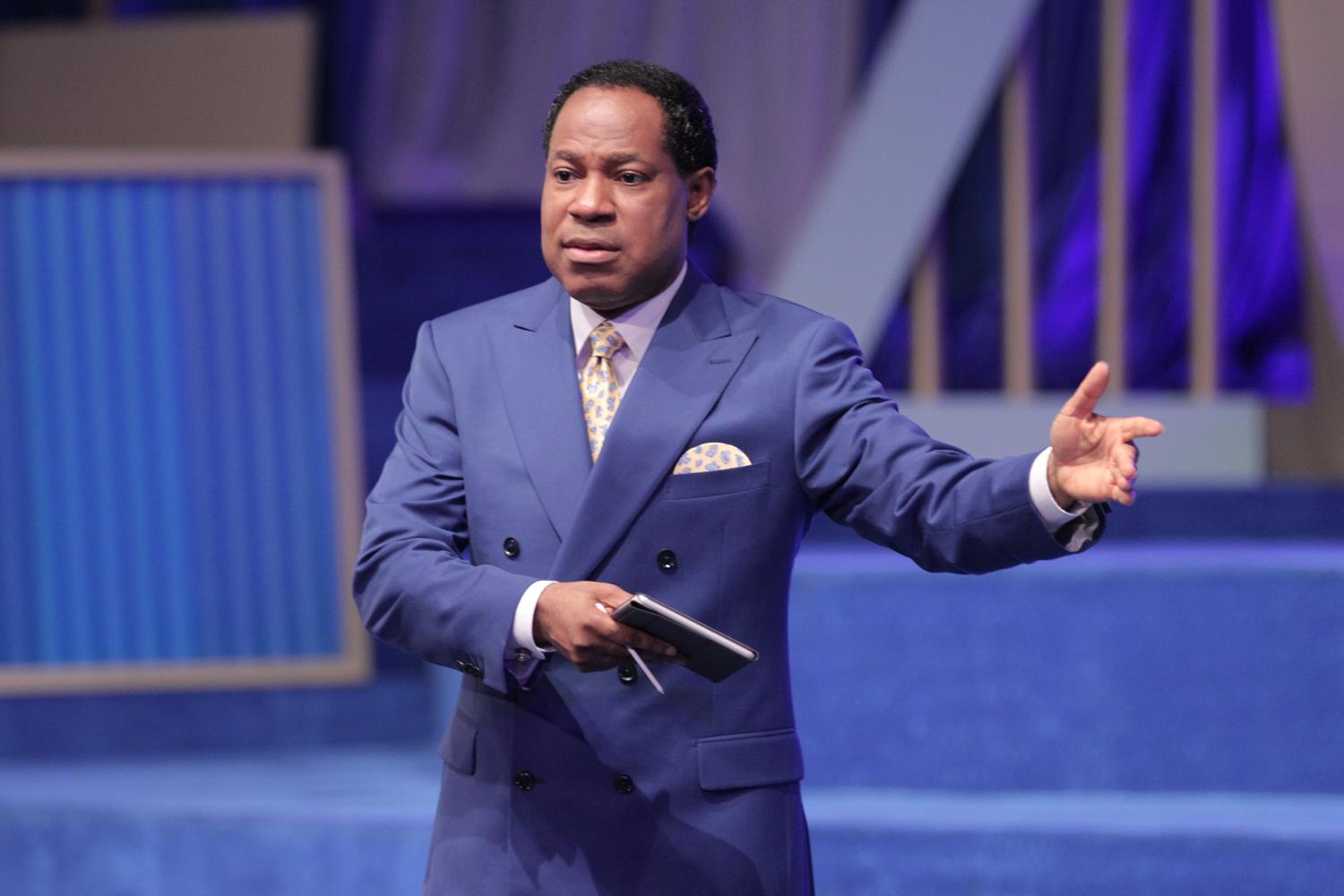ABUJA, Nigeria — The Federal Ministry of Health and Social Welfare has issued a public health advisory warning Nigerians against excessive consumption of salt, following a viral video in which Pastor Chris Oyakhilome claimed that salt intake has been unfairly demonised to promote pharmaceutical dependence.
Oyakhilome, founder of Loveworld Incorporated (Christ Embassy), told his congregation that “Africans have been deliberately discouraged from taking salt so they can buy drugs—drugs that contain sodium,” calling salt “not your enemy.”
The remarks, widely shared on social media, have sparked a flurry of concern among public health experts.
In response, the ministry released a statement signed by Alaba Balogun, Deputy Director of Information and Public Relations, urging Nigerians to rely on medically sound dietary guidelines and to be cautious of health advice not backed by science.
“While we deeply respect the important role of faith and religious leaders in our society, it is crucial to correct misinformation that poses a risk to public health,” the ministry said.
The statement underscored that while sodium — one of the components of table salt — is essential for bodily functions such as nerve signalling and muscle contraction, excessive intake is a well-established risk factor for several non-communicable diseases.
“High salt consumption is associated with high blood pressure, heart failure, stroke, and kidney disease, among others,” the ministry warned.
Referencing World Health Organization (WHO) standards, the advisory recommended that adults consume no more than 5 grams of salt per day — about one teaspoon.
Health experts have long warned that most people already exceed this limit through processed foods and habitual overuse in home cooking.
The ministry called on Nigerians to be guided by evidence-based practices in managing their diet and health.
The advisory comes at a time when influential figures, particularly religious leaders with large followings, are increasingly shaping public attitudes toward health and wellness — often outside the boundaries of professional medical counsel.
“The ministry advises Nigerians to be wary of health advice not backed by science or endorsed by certified health professionals,” Balogun concluded.







![Honouring a Rare Soul: Celebrating the Life of AVM Terry Omatsola Okorodudu [MUST READ] Air Vice Marshal Terry Omatsola Okorodudu](https://www.thetrentonline.com/wp-content/uploads/2026/01/Joan-and-Bidemi-Okorodudu-The-Trent-100x70.jpg)